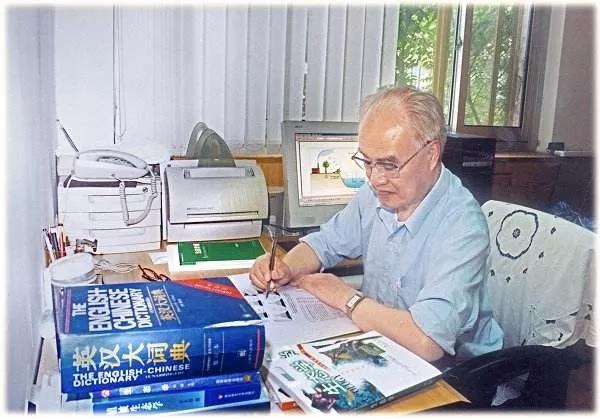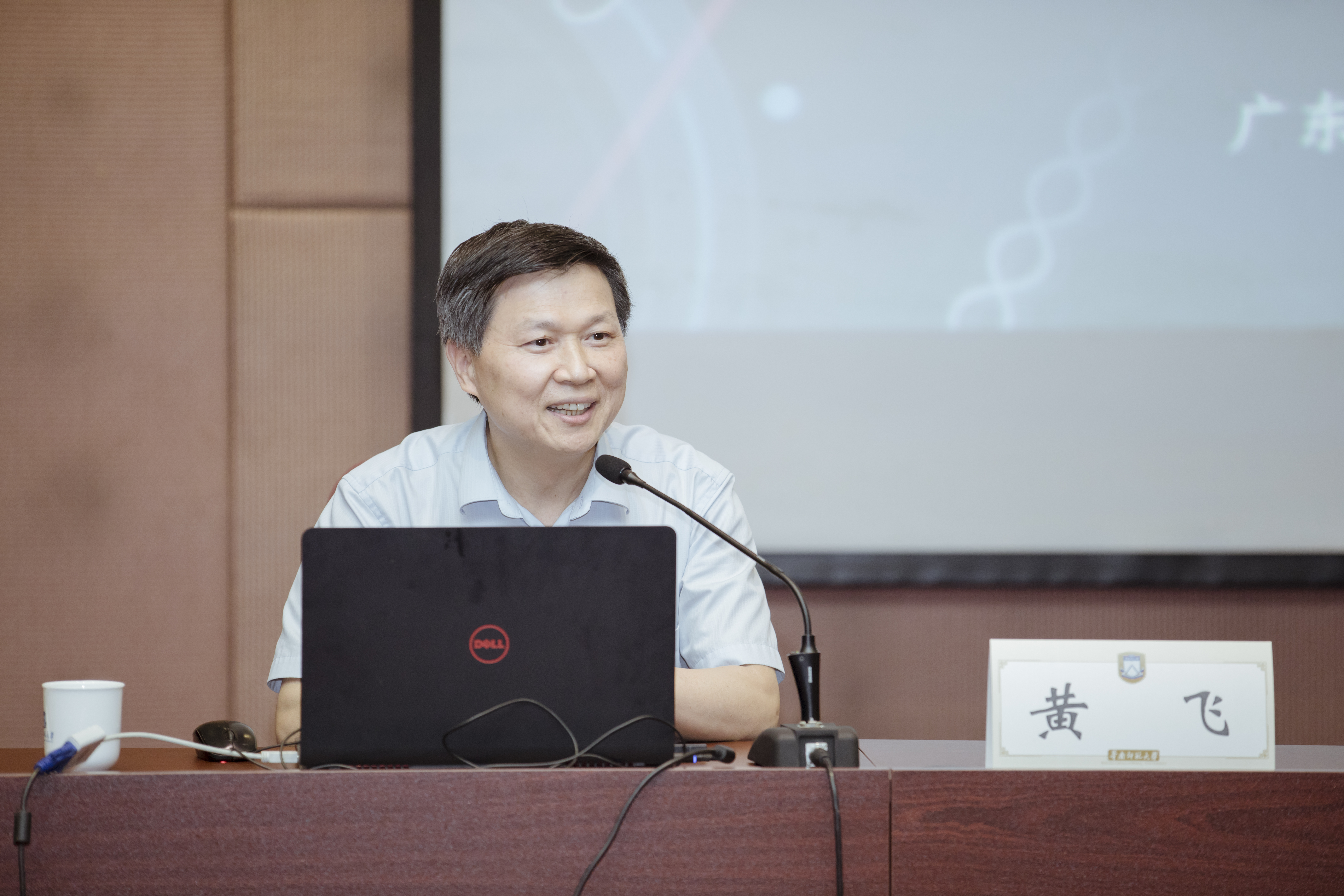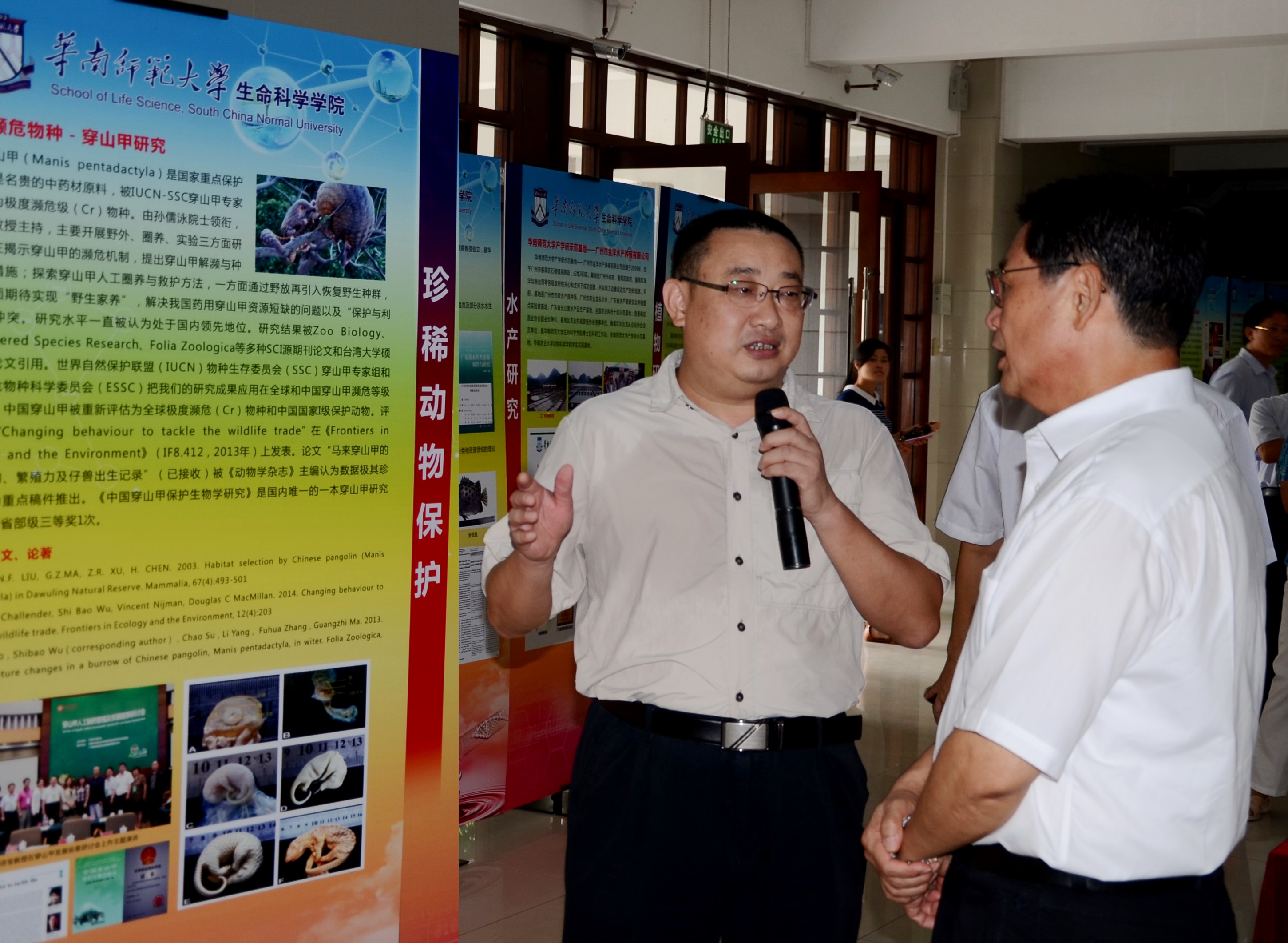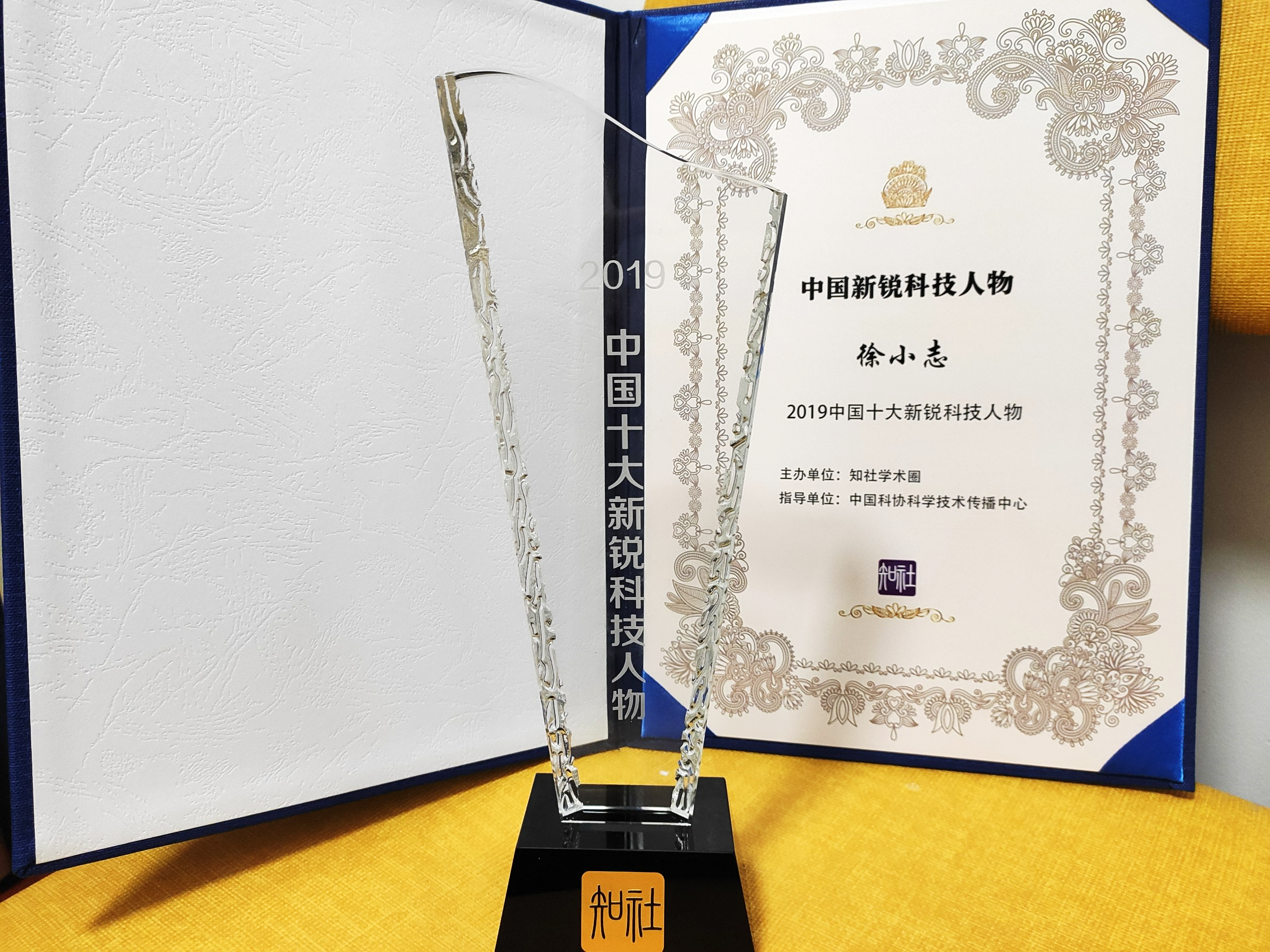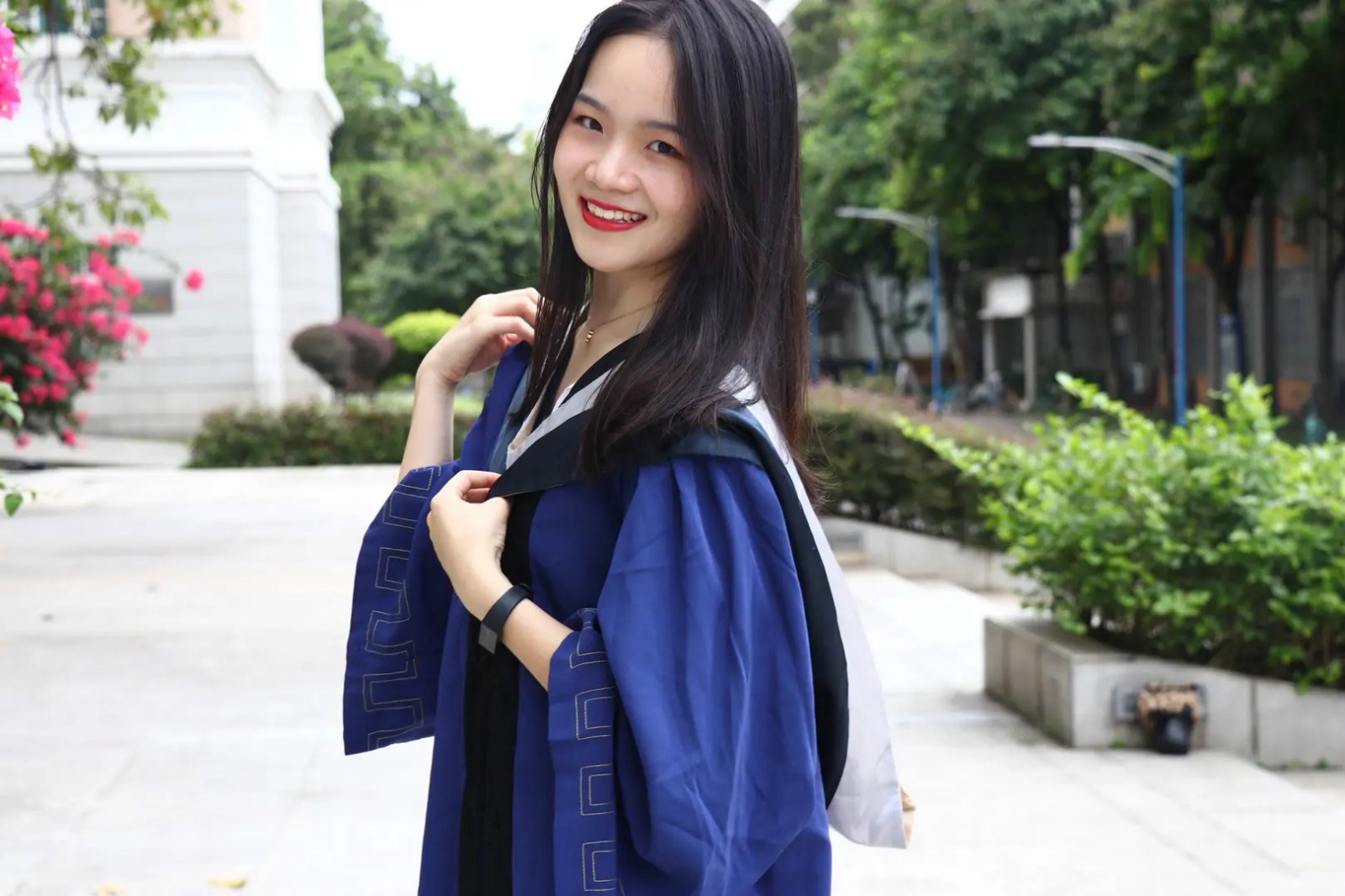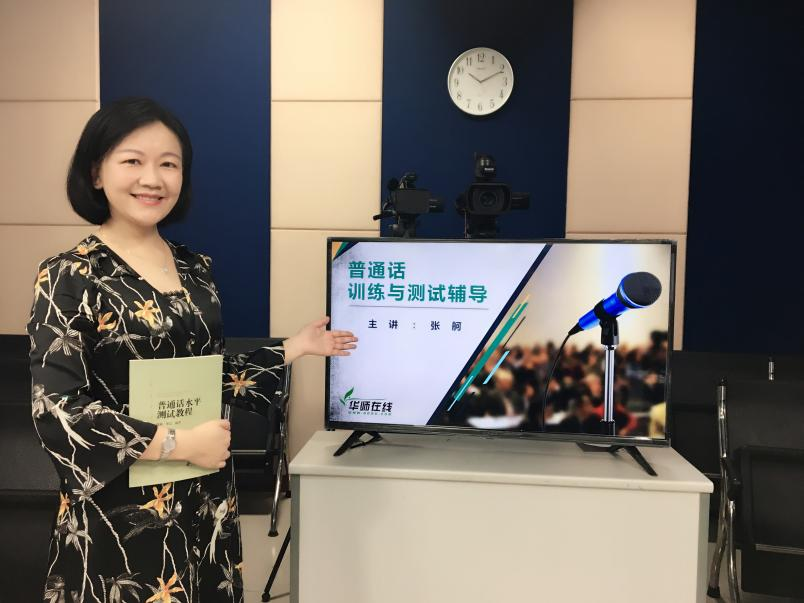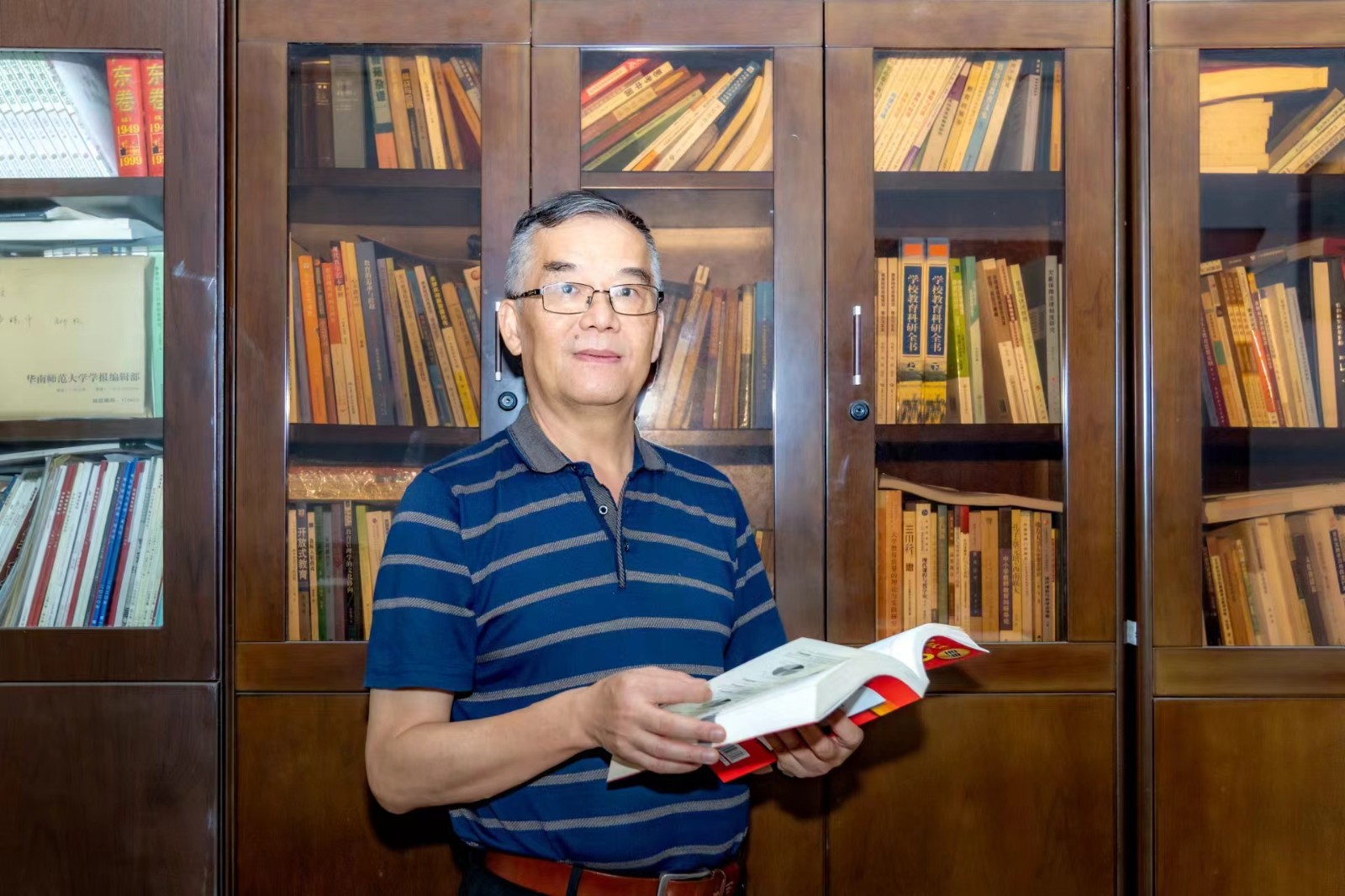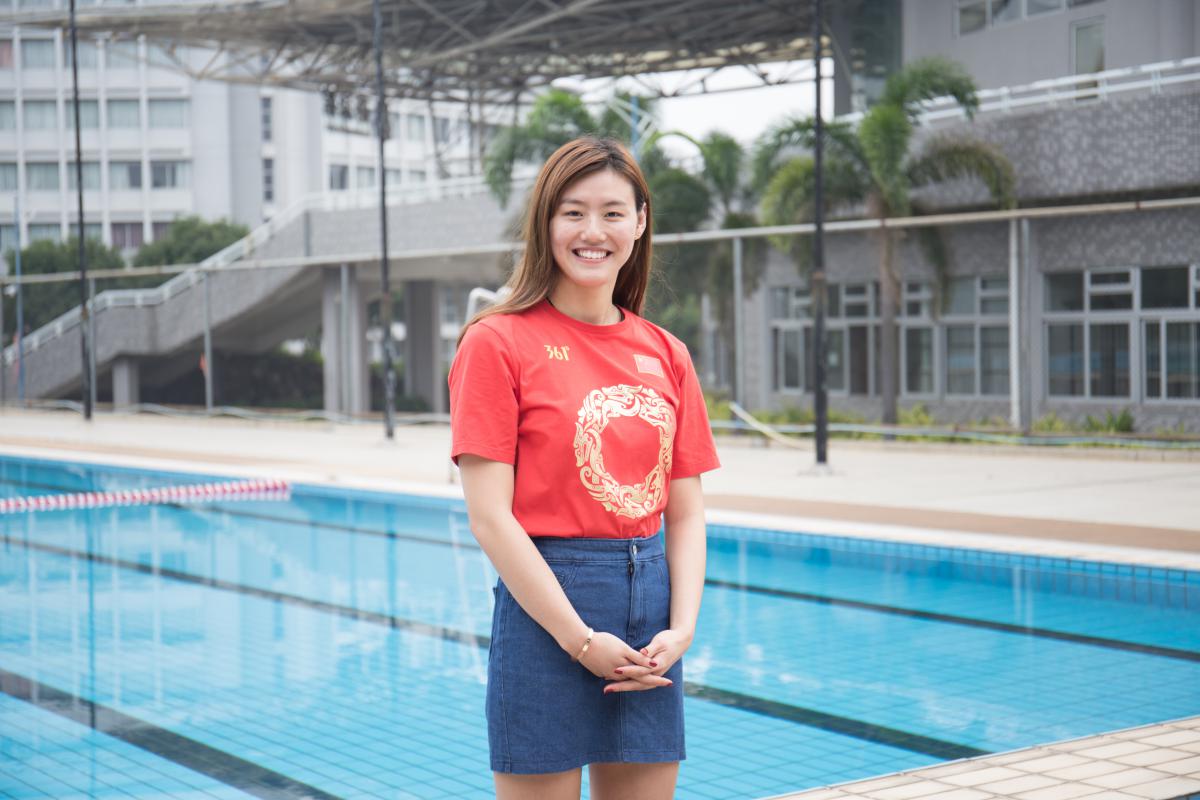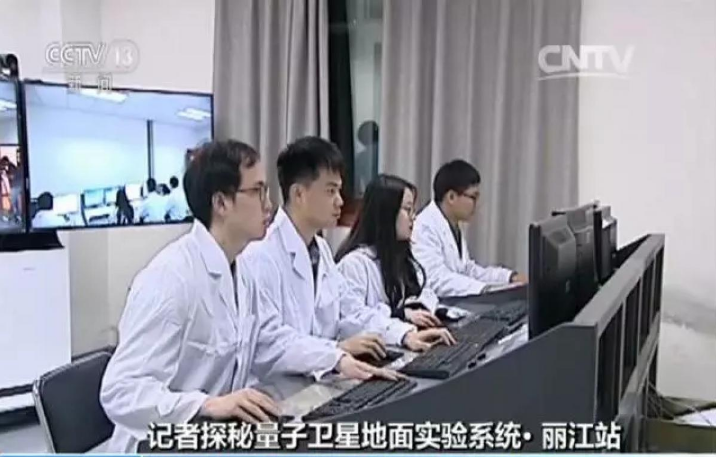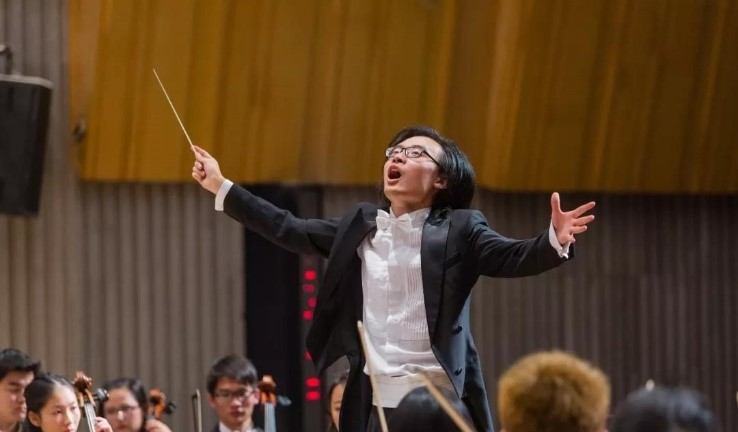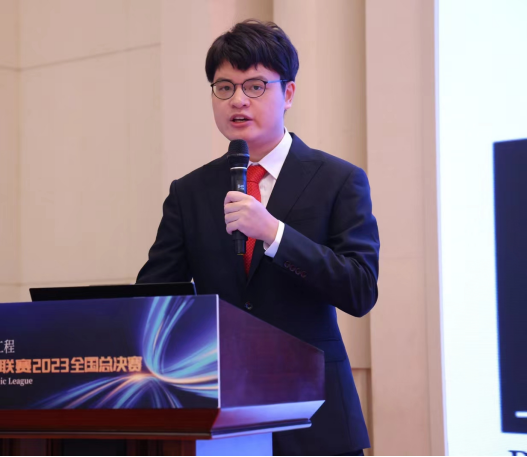
Likes
Pu Rui, a grade 2020 doctoral student at the South China Academy of Advanced Optoelectronics of SCNU, won the 20th Wang Daheng Optical Award for college students.
Since its establishment in 1996, the Wang Daheng Optical Award, in the name of the father of Chinese optical engineering, has only been awarded to 39 accomplished scientists with outstanding contributions and 381 promising college students in the field of optics. Pu Rui is one of the thirty students in the nation to claim this award this year. Behind this honour is his perseverance and love for optics.

Pu Rui, a grade 2020 doctoral student majoring in optics.
Pu Rui was once hesitant in choosing college majors. Still, the academics of SCNU's School of Information and Optoelectronics Science and Engineering drew his attention, especially the story of academician Liu Songhao, who founded the institute and has been aiding advances in optical science. It was then he determined to make his own contribution to the field.
Perseverance features his life as a student as well as a fresh researcher at SCNU. He was enrolled in an advanced class where lessons were planned for future professional researchers. Lectures of all kinds, including mathematical analysis, optics, and thermodynamics, occupied his schedule, which also laid a solid foundation for him.
In his junior year, Pu Rui applied for the Outstanding Undergraduate Training Program for advanced students seeking specialization in scientific research and joined Professor Zhan Qiuqiang's team, marking a turning point in his becoming a researcher. After he was admitted to the school's postgraduate program with exam exemption, he stayed in the research team. He spent his senior year participating in Professor Zhan's research concerning upconversion super-resolution microscopy, getting hands-on experience for later research.

![]()
Pu Rui (left) operates experiments in the laboratory.
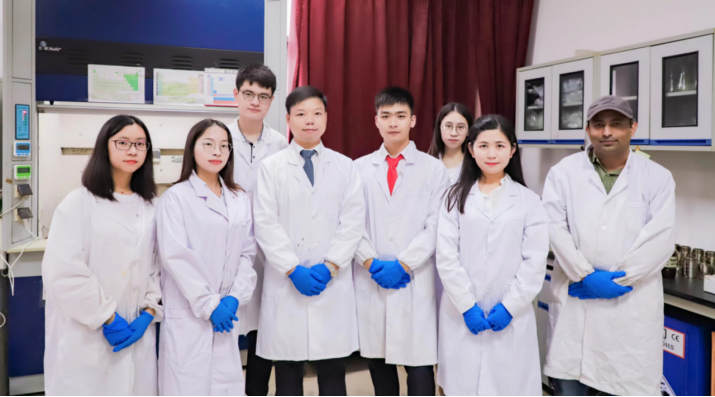
Pu Rui(first from the left row two) with his mentor professor Zhan Qiuqiang(third from the left row one) and other research teammates
He continued doing research in the same field and made new discoveries. During that time, Pu Rui and his senior Peng Xingyun worked day and night in the lab, trying to do their best in every detail. After a whole year of revising and polishing in his second year of postgraduate, the article was finally submitted to the top journal Nature.
The review of the article was not as smooth as expected. The innovative research received positive comments at first. However, after months of review and revision, the article was rejected, and the long-drawn process led to no published articles in Pu's three years of master's degree.
His hard work eventually paid off when the editors of Nature offered help by suggesting that the article be transferred directly to the sub-journal Nature Communications for quick review and publication. Pu Rui and Prof. Zhan Qiuqiang accepted the suggestion.
"I had broken down at that time when my effort seemed to be fruitless while my peers had already landed a job." Now, he can recall the tough time peacefully, "Luckily, I made it."
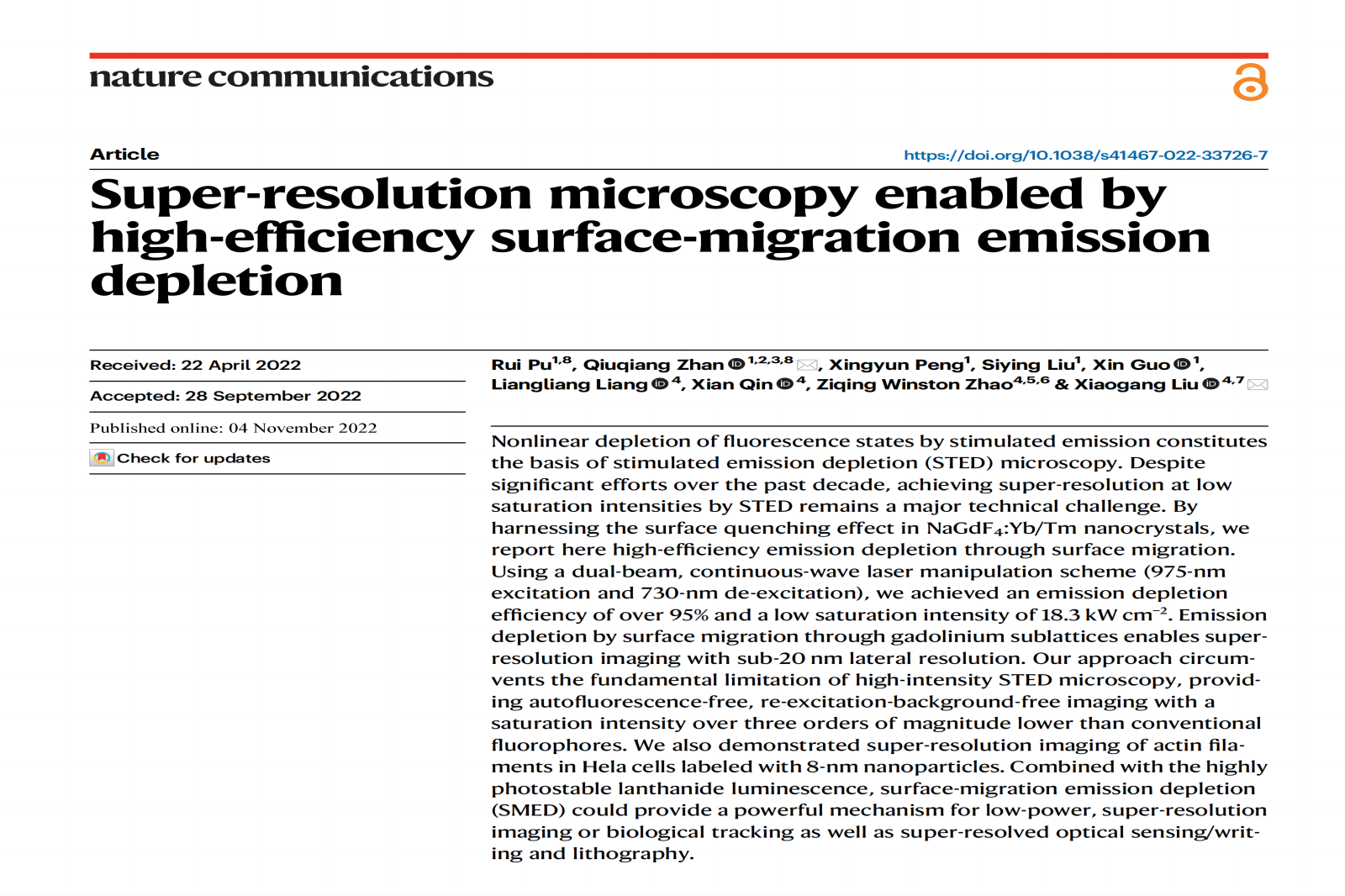
The research was successfully published in Nature Communications.
Years spent studying and researching in the field of optics made Pu Rui determined to continue his education and contribute more to the field by taking successive postgraduate and doctoral programs. The doctoral student then concentrated on academic research, making greater achievements, such as winning second place in the national finals of the 2023 Light Doctoral Academic League and the Wang Daheng Optical Award.
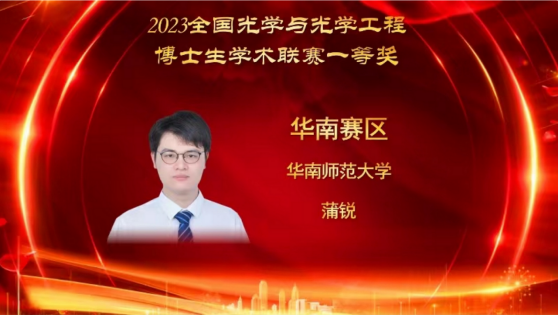
Pu Rui wins first prize in the Light Doctoral Academic League.
"I felt happy but also calm. This award, to some extent, has made up for the regret in postgraduate," said Pu, learning that he won the award. He is grateful for all the help he has received both from Prof. Zhan and the school and feels proud of bringing honour to SCNU. He will carry on the research and strive to contribute to the top journals.

Pu Rui and his mentor professor Zhan Qiuqiang.
Source from SCNU News Center
Translated by Wang Zixiang,Luo Xiaoying
Proofread by Edwin Baak
Edited by Li Jianru
What to read next:
